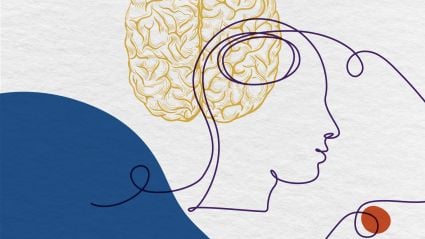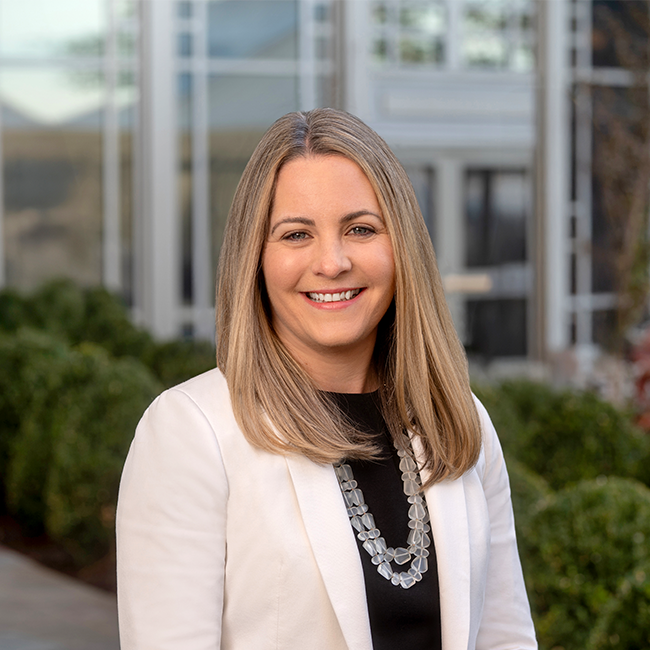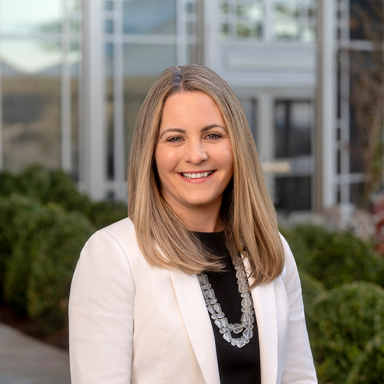

Science Philanthropy Accelerator for Research and Collaboration (SPARC)
Schizophrenia Care: A Giving Smarter Guide
Schizophrenia Care: A Giving Smarter Guide
Science Philanthropy Accelerator for Research and Collaboration (SPARC) works to develop, launch, and lead initiatives that propel scientific and medical research. We target investments that accelerate the development of tools and treatments, bringing better health to millions of people.
Explore SPARC’s Work
Visit the SPARC microsite for detailed initiatives, impact, and health research.
How We Work
-
 Guiding Scientific Funding Strategy
Guiding Scientific Funding StrategyOur experts leverage their scientific research and health-systems expertise to help funders understand the roadblocks and opportunities in a given scientific field, and make recommendations for investments that champion long-term, sustainable impact. SPARC advisors have worked with funders to guide and influence more than $3 billion in capital for biomedical research. We have incubated and launched more than 20 scientific research organizations facilitating collaboration that ensures research investments accelerate progress in science and health.
-
 Launching and Leading Scientific Funding Programs
Launching and Leading Scientific Funding ProgramsOnce a funding strategy has been identified, SPARC advisors work alongside our philanthropic partners to develop programs that transform medical research systems. Each funding initiative is custom designed. Drawing from deep experience, we ensure that best practices and lessons learned from past efforts inform implementation tactics. SPARC advisors manage the full cycle of a grant process, starting from developing and distributing funding announcements, scientific vetting, making recommendations for and recruiting advisory boards, and managing grant agreement execution with partner organizations. Once programs are launched, we work to develop community and accelerate the trajectory of research through a variety of field-building activities, such as facilitating targeted collaboration, driving scientific consensus, and hosting scientific convenings.
-
 Collaborations for Impact
Collaborations for ImpactEffective science needs strategic funding, collaboration from multiple fields, and expertise across many scientific discovery stages. However, competing priorities, concerns about risk, limited funding streams, and siloed fields have made the kinds of breakthroughs needed to benefit human health exceptionally challenging to achieve. SPARC uses the depth and diversity of the Milken Institute network to connect funders with thought leaders, people with lived experience, and other stakeholders to engage with each other and collaborate to tackle complex issues. These gatherings, many of which take place during flagship Milken Institute convenings, help build trust among peers and potential partners because they are centered on sharing experiences and learning from each other. The trust built during these gatherings fosters collaboration, which makes it possible to deploy resources efficiently and achieve maximum impact.

Our Work
We are scientists, with a deep understanding of research ecosystems, the importance of good science to advancing human health, and how to apply the philanthropic mechanisms that will lead to long-term change.
Immunology
Mental Health
Neuroscience
Oncology
Rare Disease
Science Philanthropy Ecosystem
Biomedical Philanthropy
Our scientists and philanthropy advisors guide high-impact funders through complex research systems and recommend investments that accelerate the path to a healthy world.

Science Philanthropy Accelerator for Research and Collaboration (SPARC)
Most Recent Content
-

Schizophrenia Care: A Giving Smarter Guide
Schizophrenia is a serious, chronic brain disorder affecting about 24 million people worldwide. Individuals with schizophrenia experience a variety of symptoms—most notably psychosis—and face significant challenges accessing the care they...Read Report -

CAMK2-Related Neurodevelopmental Disorders: A Giving Smarter Guide
CAMK2-related disorders represent a rare and urgent intersection of deep scientific insight and profound unmet need.Read Report -

Schizophrenia Research and Care: Assessment of Challenges and Opportunities
Schizophrenia is a serious chronic brain disorder that affects approximately 24 million people worldwide. Individuals with schizophrenia experience a variety of symptoms—psychosis being the most widely recognized—and face a reduced life...Read ReportSchizophrenia is a serious chronic brain disorder affecting that affects approximately about 24 million people worldwide.
-

A Global Imperative to Improve Brain Health
Age-related neurological and psychiatric diseases—including dementia, stroke, and late-life depression (LLD)—remain a major and growing public health challenge, as the global population over age 60 is expected to double by 2050.Read Report

 KP
SP
TP
Agnes Stephens, Ishita Das, PhD, Sylvie Raver, PhD, Katherine Eyring, PhD, Samantha Kost, PhD, and Tanisha London, PhD
KP
SP
TP
Agnes Stephens, Ishita Das, PhD, Sylvie Raver, PhD, Katherine Eyring, PhD, Samantha Kost, PhD, and Tanisha London, PhD -

Uterine Leiomyosarcoma: A Giving Smarter Guide
This Giving Smarter Guide describes the current state of research, clinical practice, and treatment approaches for uterine leiomyosarcoma (uLMS) and identifies critical areas where philanthropy can significantly advance scientific knowledge...Read Report -

Health Equity in Science: A Giving Smarter Guide
Health equity is the state in which every person has a fair and just opportunity to achieve the best possible health.Read Report


 SP
SP
-

Artificial Intelligence, Precision Medicine, and Neurodegenerative Disease: A Giving Smarter Guide
Neurodegenerative diseases (ND), including Alzheimer’s disease, Parkinson’s disease, frontotemporal dementia, and others, affect over 50 million people worldwide. The World Health Organization estimates that by the year 2040, NDs will be...Read Report -

Leber Hereditary Optic Neuropathy: A Giving Smarter Guide
Leber Hereditary Optic Neuropathy (LHON) is a rare disease that causes sudden, irreversible loss of vision, often striking during adolescence or early adulthood. Patients with LHON quickly lose their ability to recognize faces, drive, and...Read Report -

Transformative Computational Biology: A Giving Smarter Guide
Computational tools can rapidly identify patterns in vast volumes of biomedical and clinical data, leading to discoveries that can transform the diagnosis, treatment, and prevention of diseases to improve human health. While the scientific...Read Report


Get the Latest from Milken Institute Philanthropy

Our Team

Cara Altimus, PhD

Hermela Assefa

Quinton Banks, PhD

Kelsey Barcomb, PhD

Caitlyn Barrett, PhD

Emily Baxi, PhD

Veronica Beck, PhD

Ishita Das, PhD

Taylor Evans, PhD

Cody Fisher, PhD

Alison Huang, PhD

Tom Jurkiw, PhD
Ishtiaq Mawla, PhD

Lillian Parr

Nadia Penrod, PhD

Daniel Pham, PhD

Martine Polycarpe

Sylvie Raver, PhD

Benjamin Roberts, PhD

Erin Ross

Nadia Sarfraz, PhD

Samantha Schumm, PhD

Elizabeth Stafford

Agnes Stephens

Kara Whelply
Leaders
Kissick Family Foundation Frontotemporal Dementia Science Advisory Board
SPARC Philanthropy Leadership Collective
Convening philanthropists looking to fund health and medical research, and deepen the impact of their investments.

Partner with Us
Leverage our strategic advisory service, scientific experts, and the breadth of the Milken Institute network to ensure your philanthropic resources advance medical solutions.




